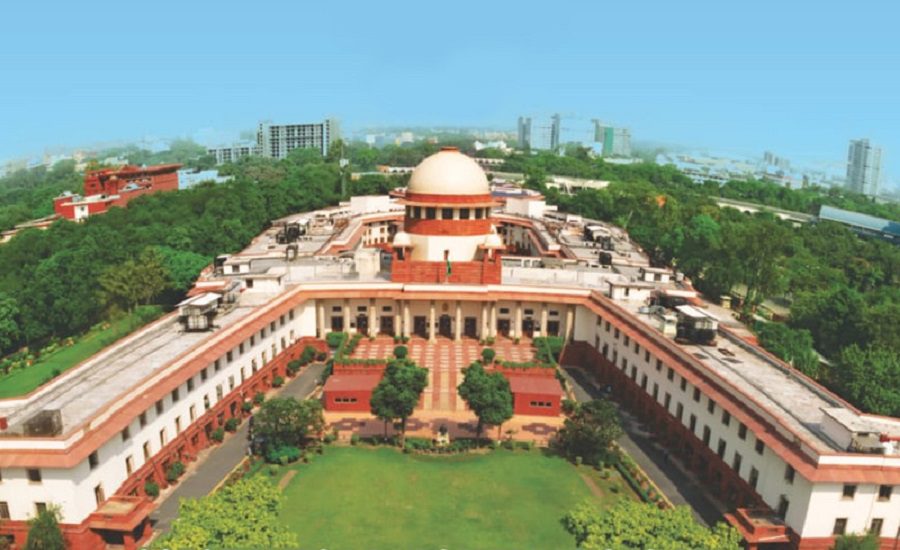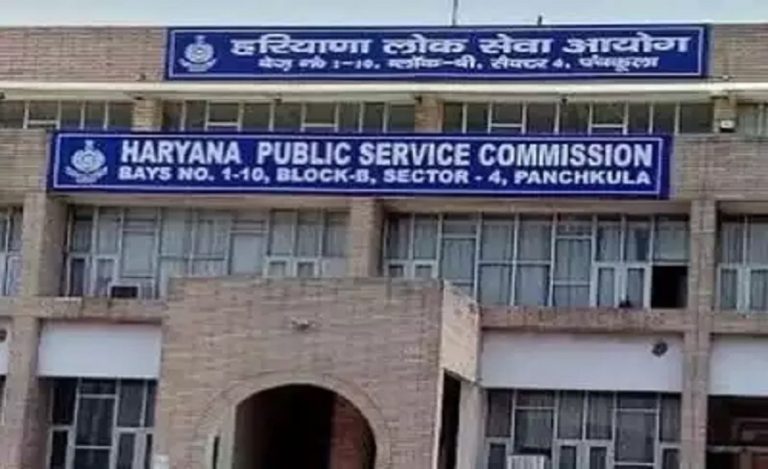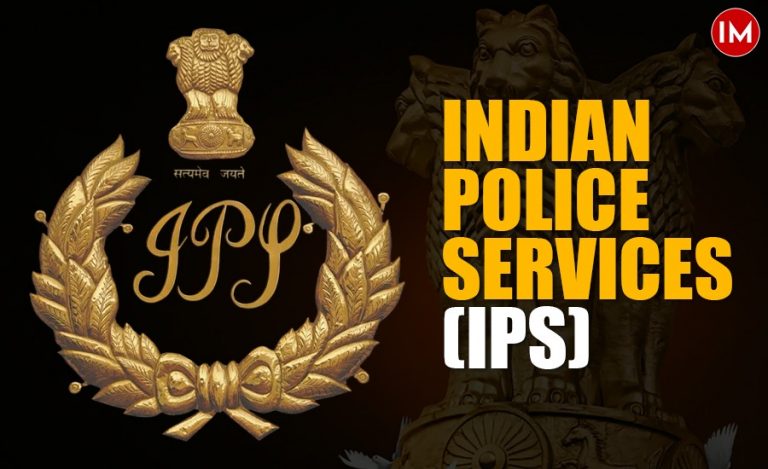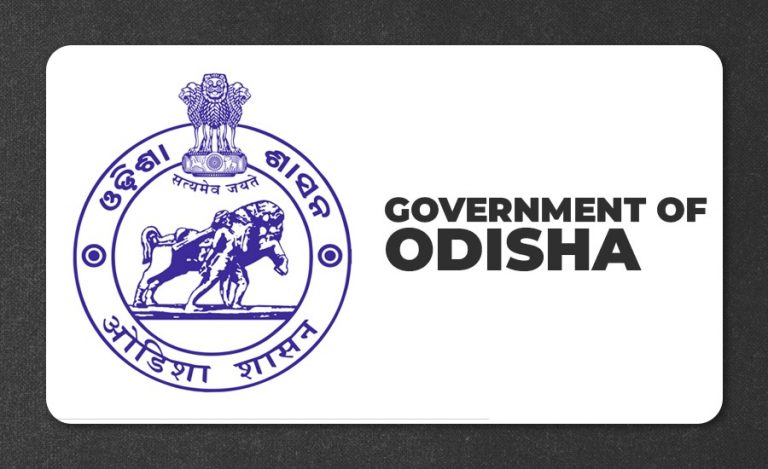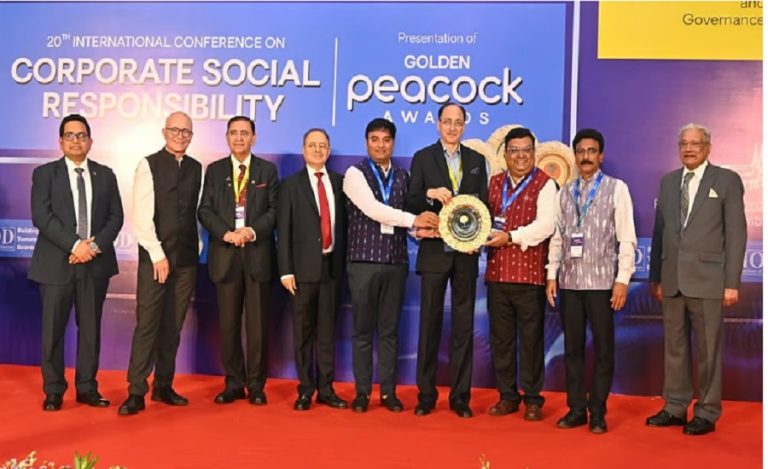In a significant development, the Kerala Police Officers’ Association (KPOA) has filed a petition before the Supreme Court of India, challenging the directive issued by the Kerala High Court (KHC) that restricts police arrests within court premises without prior permission of the presiding judicial officer. The move reignites the debate on balancing police powers, investigation efficiency and the sanctity of court complexes.
Background of Alappuzha lawyer–police clash
Earlier this year, the Kerala High Court issued guidelines defining “court premises” broadly to include not only courtrooms but adjoining land and buildings used in connection with judicial proceedings.
Read Also: Serious Red Flags: Supreme Court Uncovers Lapses in Punjab Judiciary Infrastructure Funds Misuse
The order, passed in August 2025, followed an altercation between police officers and advocates in the Alappuzha District Court premises. According to the guidelines:
- No arrest may be made during working hours inside court premises unless prior intimation is given to the presiding officer.
- Persons who surrender in relation to a crime cannot be arrested inside court premises without prior permission.
- Exceptions exist only for emergent situations or absconding accused against whom warrant exists.
In response, the KPOA contends that these constraints are incompatible with national legislation such as the Bharatiya Nyaya Suraksha Sanhita (BNSS) and the Kerala Police Act, 2011, which empower police officers to execute arrests anywhere in the country as part of a criminal investigation.
Importance of the Alappuzha lawyer–police clash Case
This case carries considerable importance for multiple reasons:
Operational Integrity of Police: The restriction could hamper swift arrests and investigations within court premises, giving potential offenders safe harbour.
Judicial Security & Independence: Courts must remain safe spaces; unchecked police action inside them may trigger friction, but blanket bans may impair justice.
Bar-Police Relations: Frequent clashes between lawyers and police have disrupted judicial work in Kerala; this case may set a template for handling such tensions across India.
Precedent Setting for Other States: The Supreme Court’s response may lead to pan-India guidelines on police conduct and court security.
Key Challenges Involved
Several challenges surface in this matter:
- Definition of “Court Premises”: The term covers a wide spectrum of space beyond courtrooms—this can complicate operations.
- Balancing Rights and Powers: The police must act quickly to maintain law and order, but must also respect the sanctity of courts and avoid creating intimidation for advocates or litigants.
- Fractured Bar-Police Relationship: Historic mistrust between advocates and enforcement agencies means any policy change will require careful consensus-building.
- Ensuring No Abuse of Safe-Harbour: The police fear that criminals may exploit court spaces or avoid arrest citing the new restrictions.
- Ensuring Clear Operational Protocol: Without detailed actionable guidelines, police and courts may face repeated confusion, delays and legal challenges.
Key Implications
The implications of this case are far-reaching:
- If the HC guidelines stay, police in Kerala may need to seek prior judicial approval for many arrests inside court premises—potentially slowing criminal investigations.
- A decision favouring the police might strengthen their authority but also raise concerns about safeguarding judicial independence and protecting lawyers and litigants from intrusive policing.
- The Supreme Court hinted at broadening the issue into a pan-India framework to tackle courtroom violence, indicating national implications.
- Courts in other states may reference the eventual outcome when drafting or resisting similar guidelines in their jurisdictions.
- The broader public interest in ensuring both law enforcement efficacy and court security might place pressure on stakeholders for immediate reform.
Way Forward
The Supreme Court will hear the matter further after taking the response of the State of Kerala, and may also consider framing pan-India guidelines for arrests and security in court premises.
Police, departments, bar councils, court administrations and legislators should jointly define operational protocols.
A clear, balanced framework could be developed which:
- Permits arrests in court premises in genuine emergencies or with warrants.
- Mandates prior intimation (or immediate subsequent intimation) of the judicial officer.
- Protects advocates, litigants and court infrastructure from undue police interference.
- Ensures training of police and court staff on the new norms.
Overarching reforms may include installation of better security systems in court premises, audits of past incidents of violence, and grievance-redress structures like those established earlier by the Kerala HC order.

